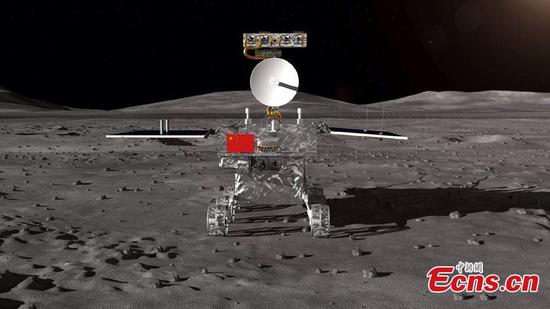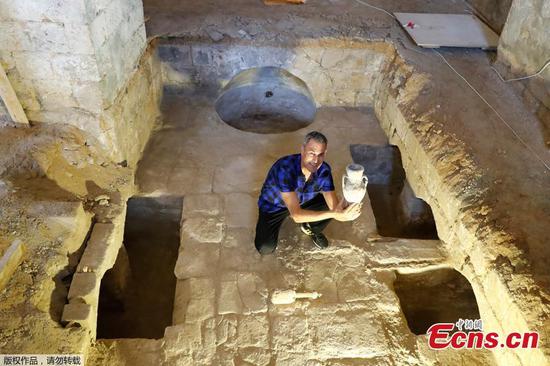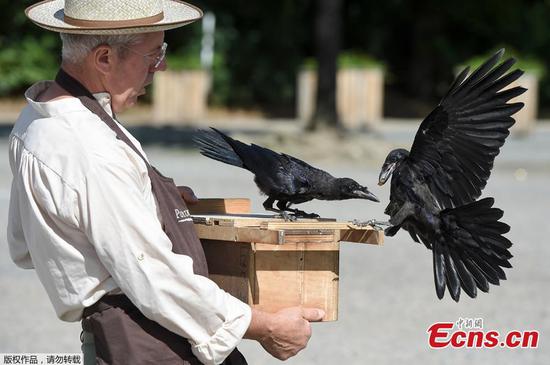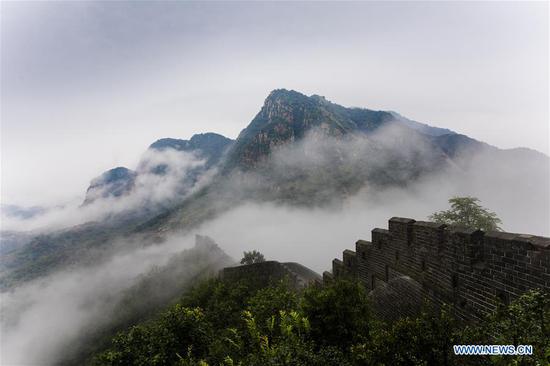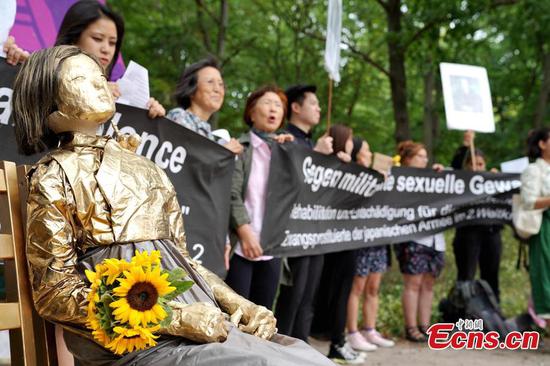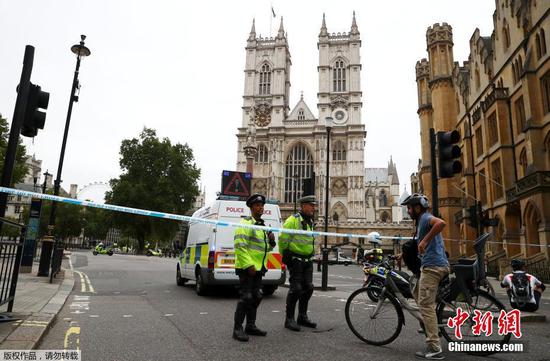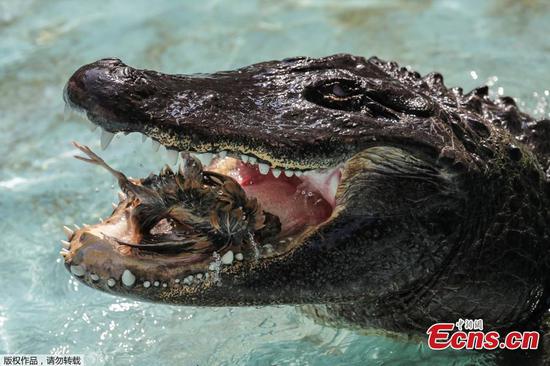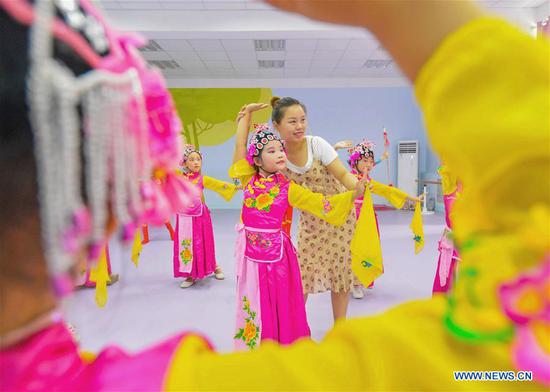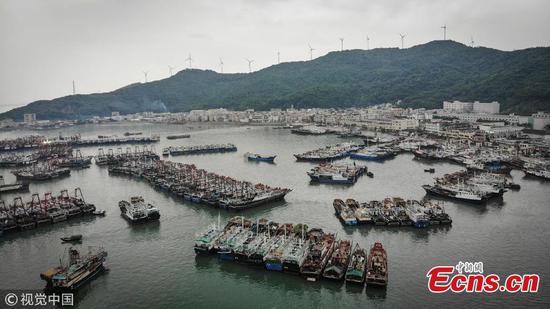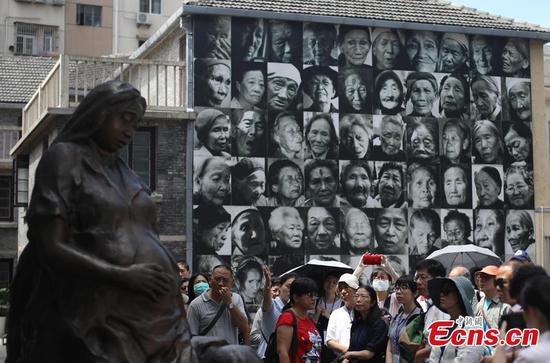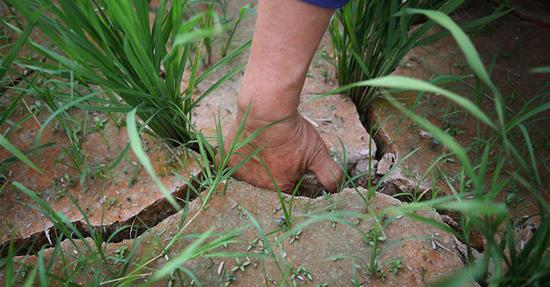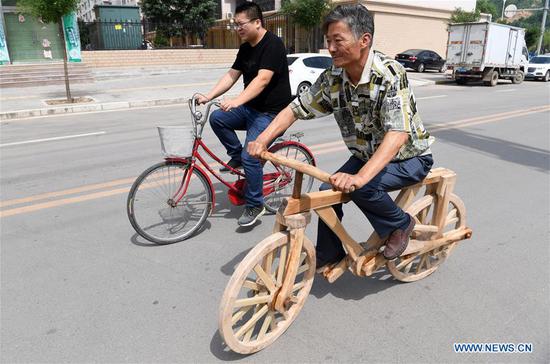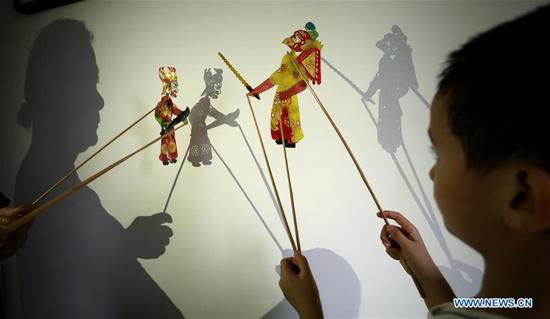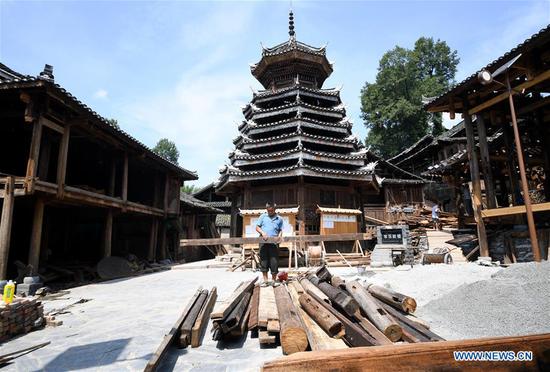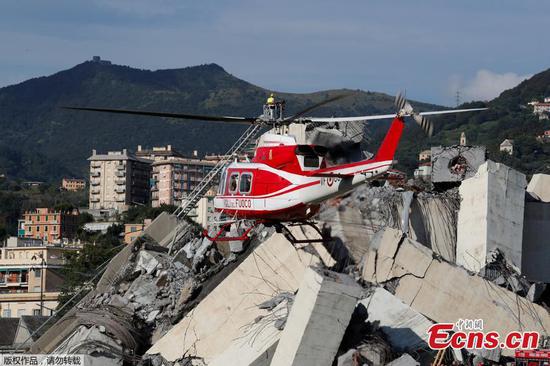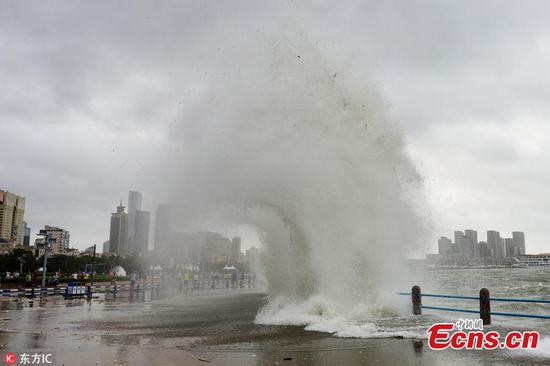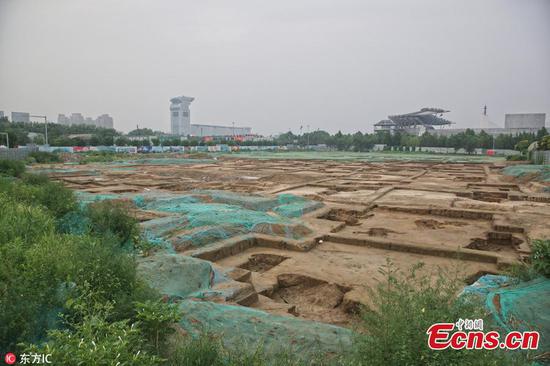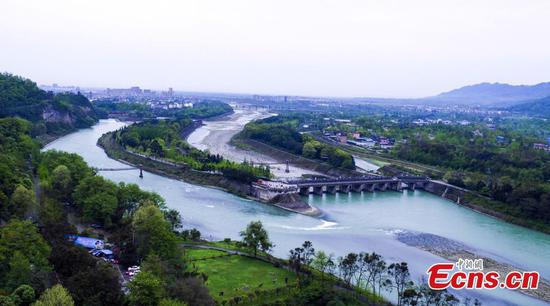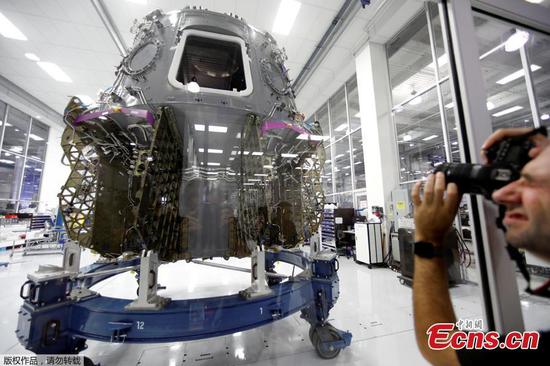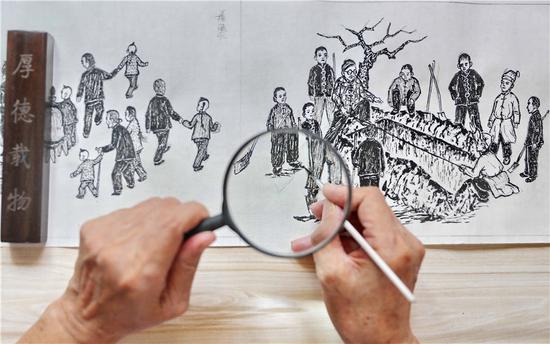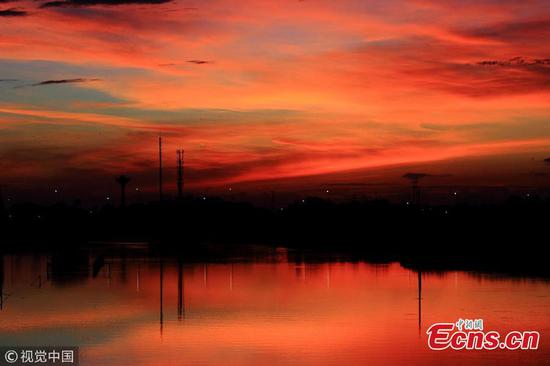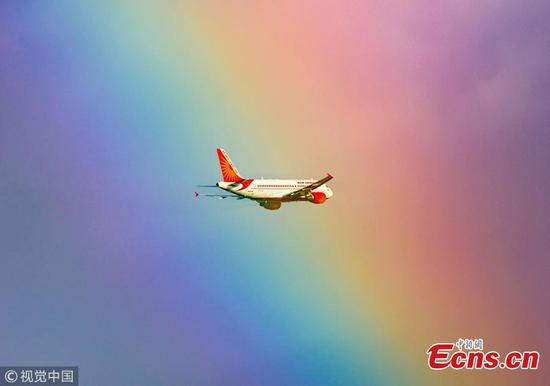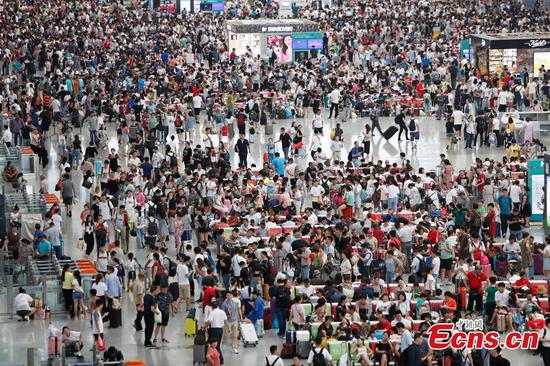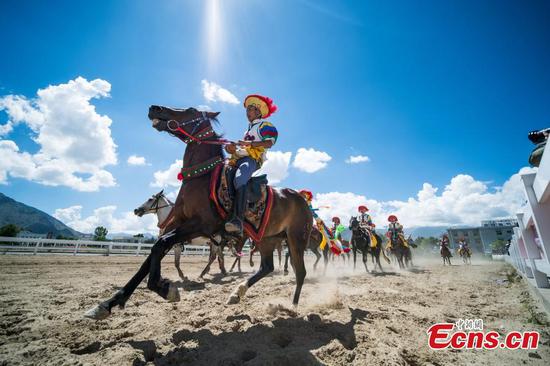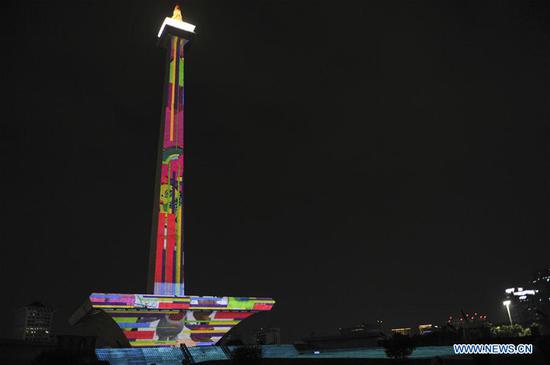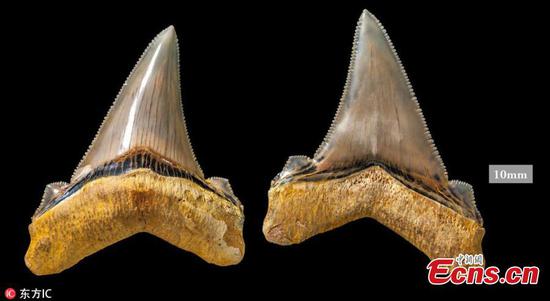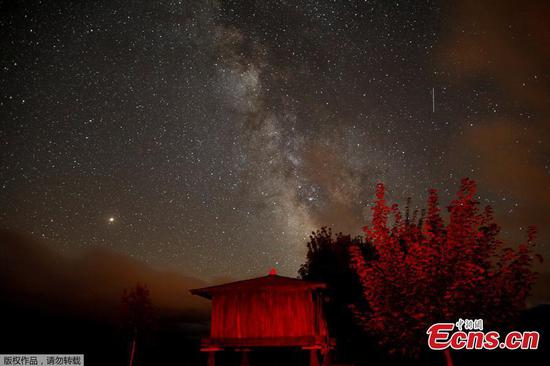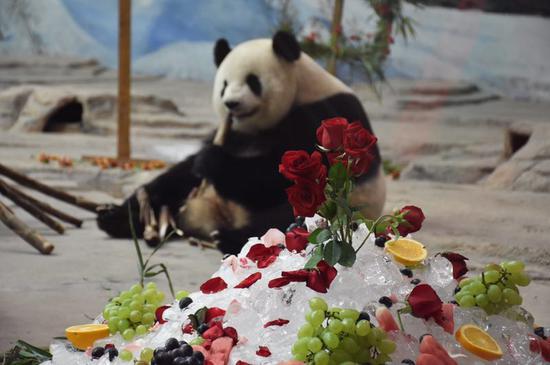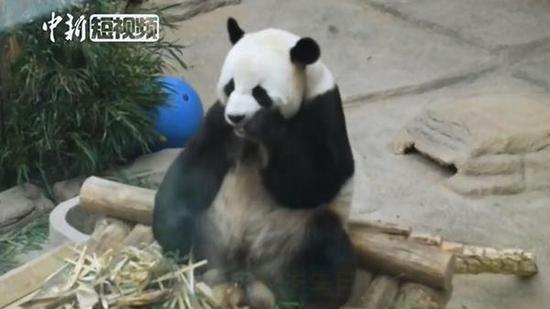The Chinese mainland strongly condemned on Wednesday Taiwan's downgrading of the nation's history in senior high school textbooks as evidence of separatist sentiment and moves toward "Taiwan independence" on the island.
"Such de-Sinicization in education will not only poison the young generation's minds on the island, but also further damage cross-Straits relations and intensify confrontation," Ma Xiaoguang, spokesman of the Taiwan Affairs Office of the State Council, said in a statement on Wednesday.
"Education authorities" on the island said on Monday that starting next year the history curriculum for senior high school students will be divided into three regions-Taiwan, East Asia and the world, instead of the three formerly used categories of Taiwan, China and the world.
The China portion will no longer exist independently, but instead under the category of East Asia. China content has also been largely reduced, and will no longer be told chronologically by dynastic periods, but instead by thematic units.
Ma stressed that both sides of the Straits belong to one China, compatriots on both sides belong to the Chinese nation, and the island's culture is an integral part of Chinese culture.
Any attempts at "de-Sinicization" will never undo the historical and cultural links between the two sides, he added.
"Such activities are intended to let people forget their origins," he said, adding that they have already been strongly opposed by Taiwan society and will be subject to more forceful containment by compatriots on both sides.
Zhu Songling, a professor specializing in Taiwan studies at Beijing Union University, said the Democratic Progressive Party is using education to influence the understanding of history by youth, and is making students believe the two sides are two separate nations.
They are gradually downgrading the Chinese mainland in history education, he said.
"Originally, Taiwan was studied as part of the history of China in textbooks, and then the two were separated into two independent parts. Now they put the Chinese mainland within the East Asia category, and in the future they will perhaps put East Asia under world history," he added.
However, Zhu said they cannot change the fact that the two sides both belong to the Chinese nation because most have roots in the mainland and exchanges will keep reminding them of the true history.
But it is still a serious issue and attempts at de-Sinicization will mislead young people in the short run, Zhu added.
"People are the real victims. They will suffer historical or cultural conflicts between what they learn from textbooks and what they realize in practice as cross-Straits exchanges deepen," he added.









